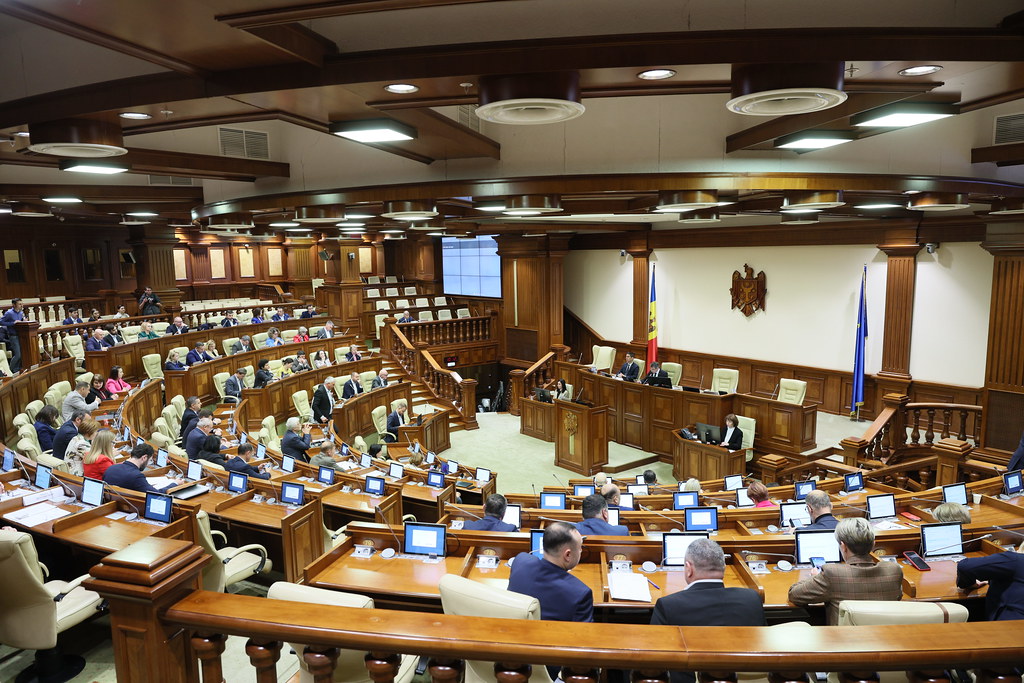ECONOMIC COUNCIL TO THE PRIME MINISTER OF THE RM

Parliament voted in second reading on a new package to cut red tape in tax and customs. This is the second package of laws to facilitate business activity by removing administrative barriers in the regulatory framework.
One of the proposed actions in the tax area concerns the possibility of deducting VAT on the basis of tax receipts for the purchase of goods and services paid for by business payment card. The value of purchases in each voucher will not exceed 2000 lei, and for a fiscal period will be a maximum of 10000 lei.
At the same time, the limit of the amount that is not considered a tax arrears will be increased. Amounts up to 500 lei will not be considered as arrears to the national budget. The current limit is 100 lei.
Another provision of the second package to cut red tape in business is the abolition of the cash register, which is estimated to save entrepreneurs at least 5 million working hours annually. The tax legislation will also provide for the digitisation of dealings with tax authorities. Electronic documents and remote communication are to be used for interaction with the State Tax Service, and the obligation to apply only a handwritten signature or to submit some documents only on paper will be eliminated.
The authors of the draft also propose to revise the procedure for applying the VAT exemption for reimportation in the case of e-commerce, in line with European best practice. It will also remove the barrier to the examination of disputes in the Dispute Settlement Board by changing the amount of customs liability. This will be considerably reduced to 2500000 for legal persons and 125000 for natural persons. At the same time, the Dispute Settlement Board will be composed of at least 50% representatives of business associations relevant to customs matters.
Another novelty of the draft is the inclusion of petrol and diesel fuel in the list of products admitted for the customs warehousing procedure. This will facilitate import-export, storage, loading and unloading of petroleum products and liquefied gas. The right of the customs body to accept bank guarantees only from an approved bank will also be excluded, and guarantees issued by any licensed bank in the country will be accepted.
Another action aims to simplify the process of declaring goods brought in and out of the territory of the Republic of Moldova through postal consignments. This will remove the obligation to lodge a detailed customs declaration and the submission of a simplified customs declaration.
According to the authorities’ estimates, the proposed legislative package will save business at least 500 million lei annually, which is about 0.2% of GDP.
The legislative initiative to amend the Tax Code and the Customs Code was developed by the Ministry of Economic Development and Digitisation jointly with the Ministry of Finance, in collaboration with the Economic Council to the Prime Minister of Moldova, with the support of the United Nations Development Programme (UNDP) and GIZ Moldova.

The Secretariat of the Economic Council to the Prime Minister is supported by the European Bank for Reconstruction and Development, funded by the UK Government’s Good Governance Fund.
Stay ahead in a rapidly world. Subscribe to Prysm Insights,our monthly look at the critical issues facing global business.










